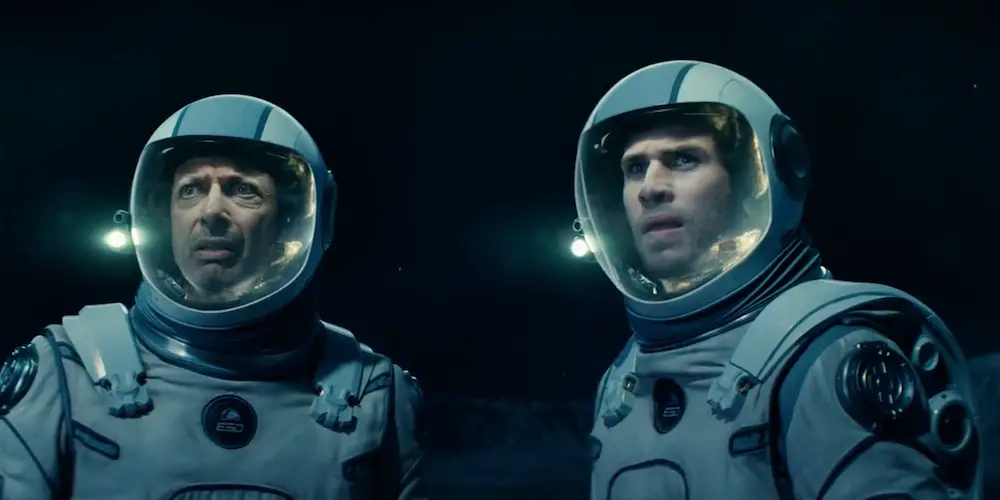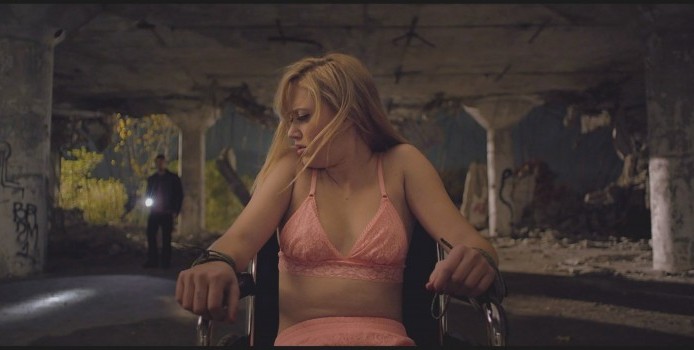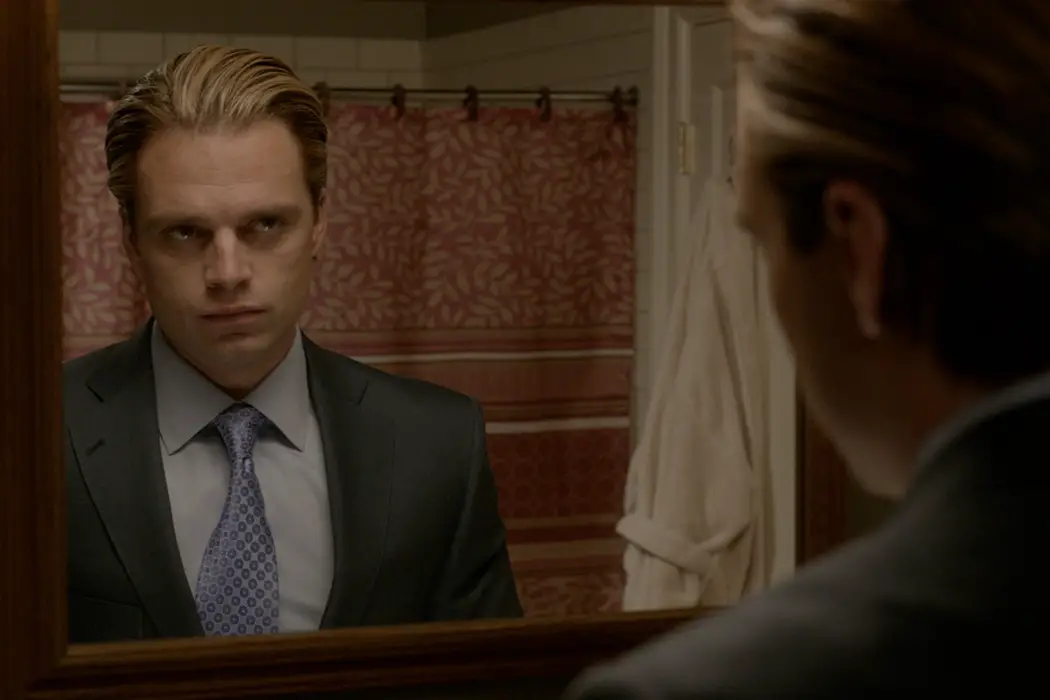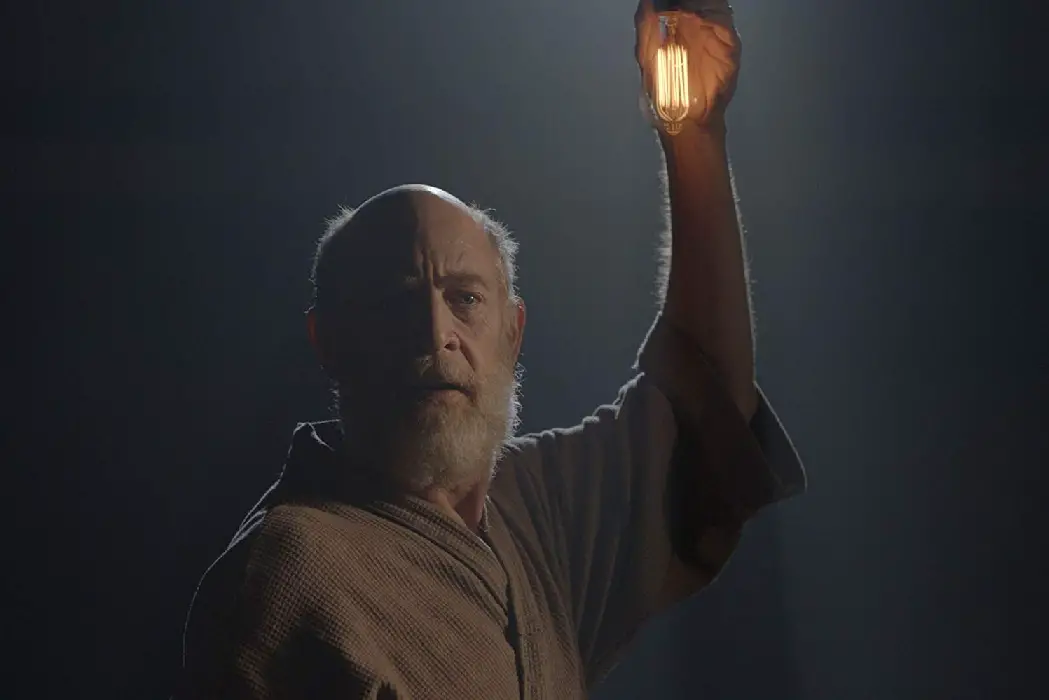Maika Monroe

Independence Day came out when I was 14. I was a huge X-Files fan (I did a school project on Area 51) and so thought it was pretty much the greatest film ever. It was also at this time that I began to fall in love with movies, and Independence Day was part of that trend of 90’s summer blockbusters that opened my eyes to what contemporary cinema meant to a lot of people.

With the blockbuster success of Fifty Shades of Grey in cinemas worldwide, many pundits are claiming that this marks a new era for “sex positive” movies – and much more importantly, the basic idea of a woman being as sexually open as her male counterparts not being a source of cinematic shame, but one of pride. It has only been two decades since what I dub the “unofficial Michael Douglas misogyny trilogy” of Fatal Attraction, Basic Instinct and Disclosure hit cinemas, films that (like Fifty Shades) were successful due to their frankness of sexuality. Yet those movies were inherently misogynist in suggesting that women were mentally unstable, or just plain evil for daring to be as open about their sexuality as men.












